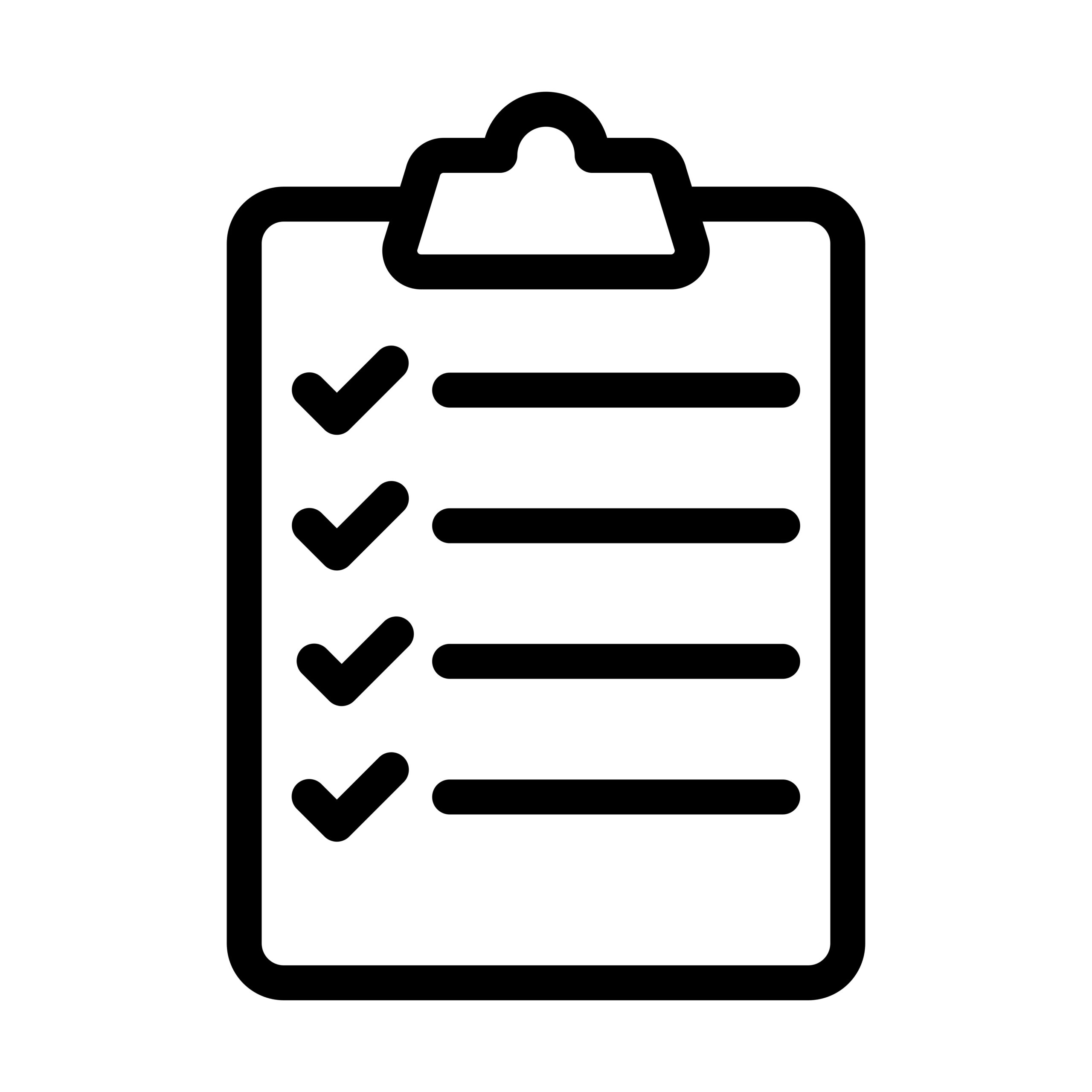
“We help investigators and research teams evaluate the readability, understandability, and actionability of key information on their informed consent forms and communicate about their research in plain language so study participants can make informed decisions.”
Sabrina Kurtz-Rossi, MEd
Project Director, Informed Consent, Tufts CTSI
Overview
Informed consent forms are often long and complex, which can make it hard for potential study participants to make informed decisions. Using plain language (avoiding jargon and using active voice) and clear design features (such as bullet points and bold headings) helps people better understand what participation involves.
Tufts CTSI offers tools and services to help researchers create consent materials that are clear, culturally sensitive, and easy for everyone to understand. This reduces literacy, language, and cultural barriers to informed consent decision making.
Key Information Checklist
The Common Rule (45 CFR 46.116) requires that informed consent forms begin with a short key information section to help potential participants decide whether to join a study. The Key Information (RUAKI) Checklist is a 16-item tool with demonstrated validity and reliability. It helps investigators apply plain language principles and clear design features so that informed consent key information is easier to read and understand when making decisions about research participation.
Quick Links
- Access the Key Information Checklist – Use the 16-item tool to evaluate your consent form’s key information.
- Informed Consent Key Information Checklist Infographic – Review this brief infographic to understand how the Key Information Checklist can help make your informed consent process easier for all.
- Read the Key Information Checklist Publication – Learn about the Checklist’s development and reliability testing.
- Review Pilot Study Findings – See how plain language principles improve participant understanding.
- Explore the Informed Consent Toolkit – Find interventions and best practices to strengthen the informed consent process.
- Use the Clinical Research Glossary – Look up clear, easy-to-understand terms and definitions
Services
- Key Information checklist guidance
- Plain language writing and editing
- Readability assessment of research-related documents
- Health literacy expert consultations
- Communication skills training
Trainings
Contact us to schedule a training tailored to your interests and participants’ needs. All sessions are offered in person or virtually.
- Informed Consent: Communicating Key Information in Plain Language.
Learn about the Common Rule requirements for key information and how to apply plain language principles to make consent materials clearer and easier to understand.
- Summary of Results: Easy-to-Read Findings for Patients and the Public.
Practice writing in plain language and using effective data visualization approaches to communicate study results to participants and the public.
- Health Literacy: A Strategic Response to Research Complexity.
Explore health literacy strategies including plain language and teach-back, to improve recruitment, retention, transparency, and trust in research.
Who is eligible?
No-cost consultations are available to Tufts CTSI partner and collaborator organizations.
Fee-for-service consultations are available to Tufts CTSI-affiliated organizations and non-affiliated individuals and groups.
Contact
To contact us, please submit a service request. Please be sure to select General Consult and use the text box to describe your Regulatory question or request.
Andreas Klein, MD, Director, Regulatory Affairs
Sabrina Kurtz-Rossi, MEd, Project Director, Informed Consent



